
MENUMENU
TALK TO AN EXPERT
Special Hours: 7AM – 6PM PST
TALK TO AN EXPERT
Special Hours: 7AM – 6PM PST
If you’ve ever pulled your RV or boat out of storage to find dead batteries, you know the frustration. Fortunately, modern battery technology has evolved, and in many cases, the right storage strategy (or the right batteries) can eliminate that issue entirely. Let’s explore how maintainers work, when to use them, and why advanced lithium options like Battle Born Batteries often make them unnecessary.
A battery maintainer for RVs or boats is a low-amp charger that keeps your house or engine battery topped off during storage. This slow trickle charge provides just enough constant energy to counteract the natural energy loss that takes place when batteries are in storage.
Utilizing a battery maintainer allows your battery to sit for long periods of time without any activity while still retaining a full charge. They can also help extend the life of your battery, as keeping it charged can prevent long-term damage.
Many battery maintainers contain smart technology that allows it to sense when the battery is fully charged. At this point, it shuts off to avoid overcharging the battery, ensuring that the battery will not enter any unsafe operating conditions. Battery maintainers are generally powered using AC power from being plugged into the wall or can be powered by a small solar panel.

It may seem counterintuitive that a battery can die when it isn’t in use. But parasitic drain and self-discharge can be detrimental to its health.
Parasitic drain occurs when any loads are connected to the battery, even when the vehicle isn’t in use. While these things only use a minimal amount of power, they will still eat away at the battery’s state of charge.
In addition to parasitic drain, batteries also experience self-discharge. Due to the chemical nature of the battery, batteries lose stored energy over time, even when nothing is connected to them. This problem is especially apparent in lead-acid batteries, where battery maintainers are critical during storage.
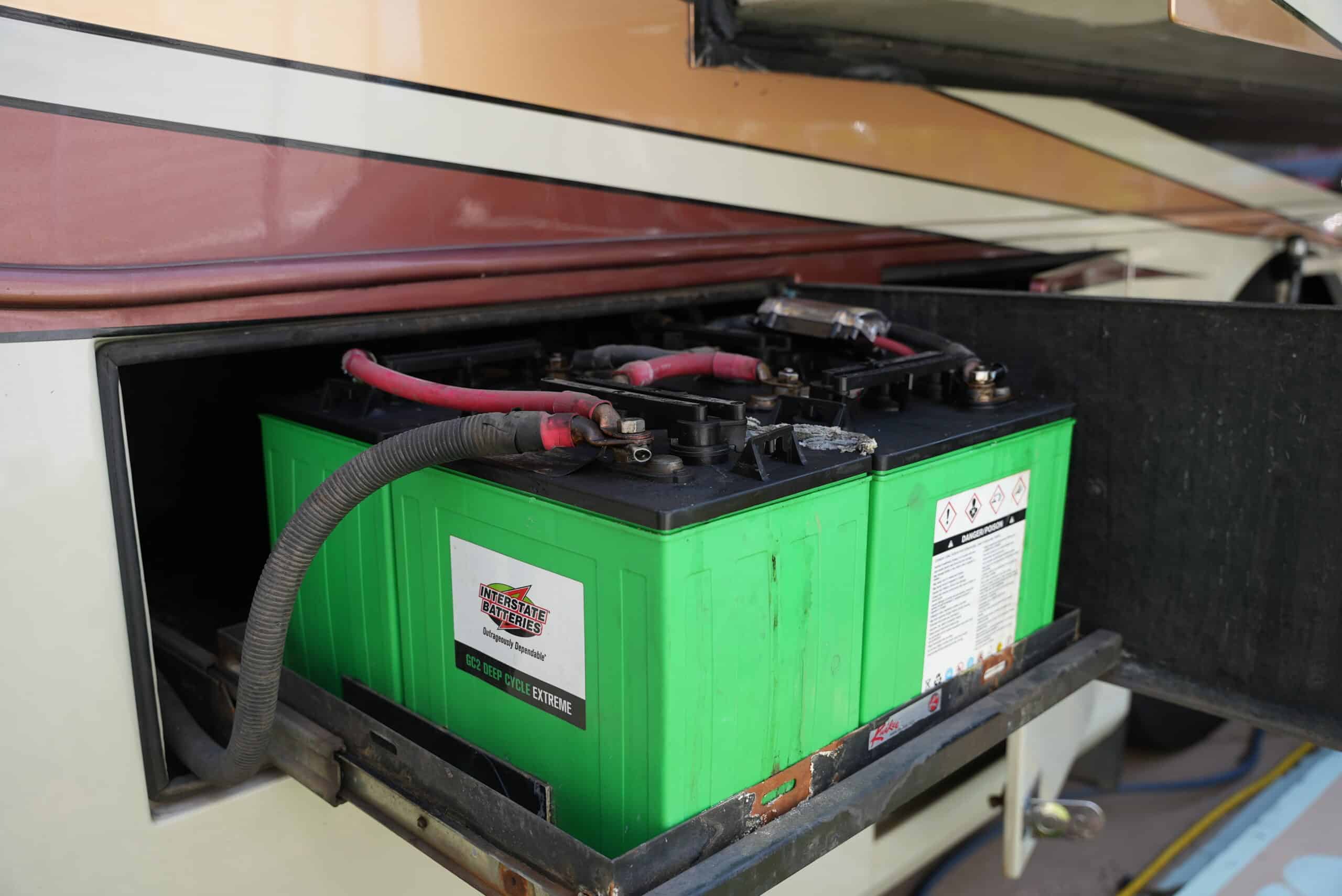
Battery maintainers are also used on engine starting batteries. Since these batteries only charge when the engine is running, they need a maintenance charge to remain operational if stored for long periods. Any type of vehicle that is sitting unused for two months or longer, a battery maintainer will help keep your battery charged, allowing you to instantly start your vehicle when it needs to be used.
Although a battery maintainer may seem like another version of a battery charger, the two are not interchangeable. Most battery chargers will not stop sending voltage to a battery regardless of its state of charge. For some batteries, this can be detrimental if left unattended for long periods of time.
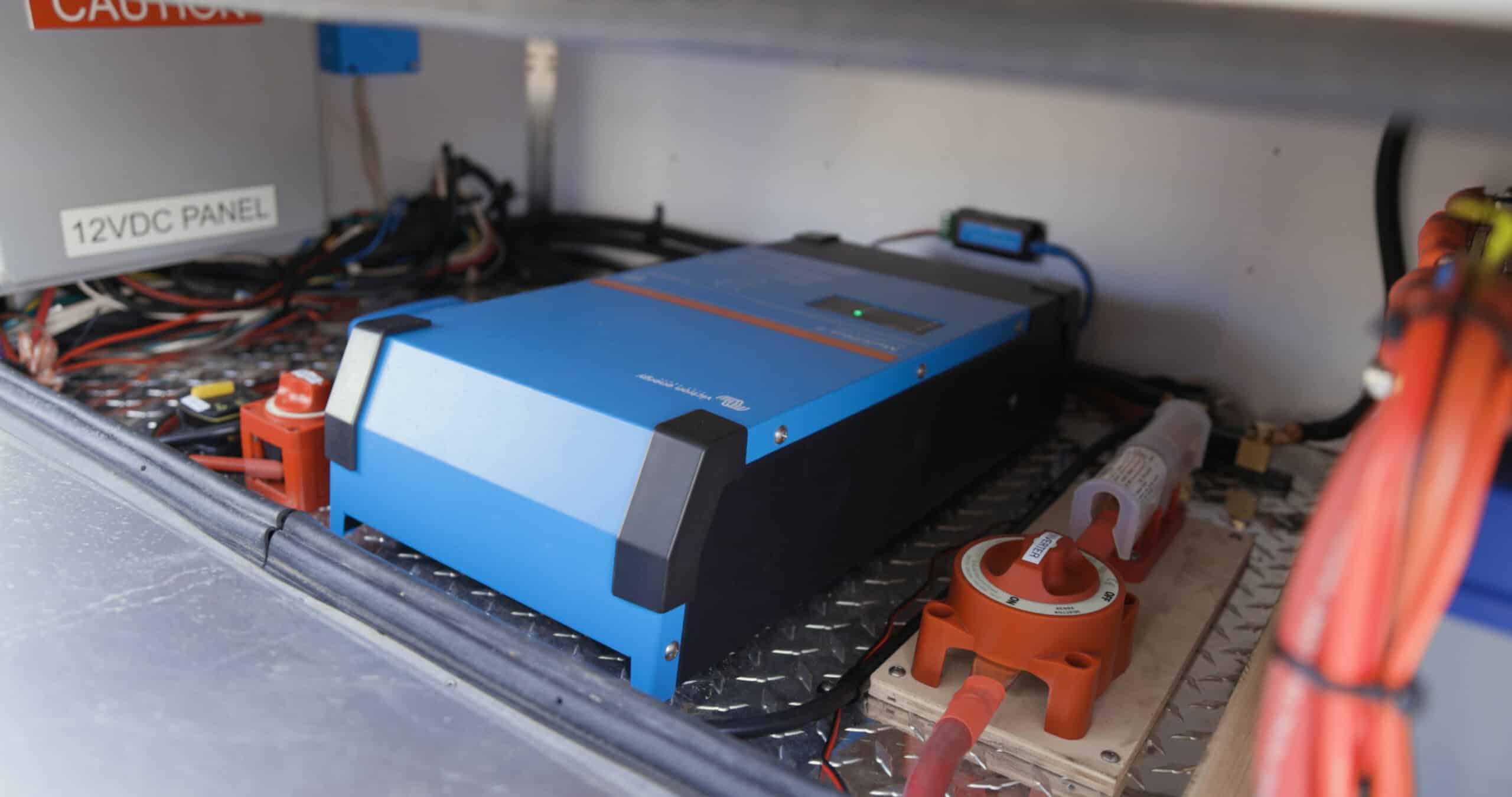
While some smart battery chargers offer settings that can sense battery capacity and lower the voltage, battery maintainers are generally the best option. Battery maintainers are designed to input only a small amount of voltage and then shut off once the battery reaches a complete charge. When the battery starts draining again, the maintainer will kick back on, making it ideal for long storage periods.
Battery maintainers are perfect for keeping your battery safely topped off so you can hit the road (or water) whenever your heart desires. They’ll also extend your battery life by keeping it from dying or being damaged during cold weather. Luckily, they’re meant for long-term use, giving you extra peace of mind while your vehicle or boat is in storage. Overall, a small battery maintainer is much more cost-effective than using an entire charging system to top off your battery.
While battery maintainers are fantastic for many reasons, they have disadvantages as well. Depending on your battery usage, you might not need one at all. If you’ll be driving your vehicle for at least 30 minutes once a month, a battery maintainer is probably unnecessary.
Additionally, battery maintainers are not chargers and should not be used if the vehicle has any significant loads on it. Make sure all electronics and lights are off, or the battery maintainer may not do its job. With external loads on your battery, it could still end up dead.
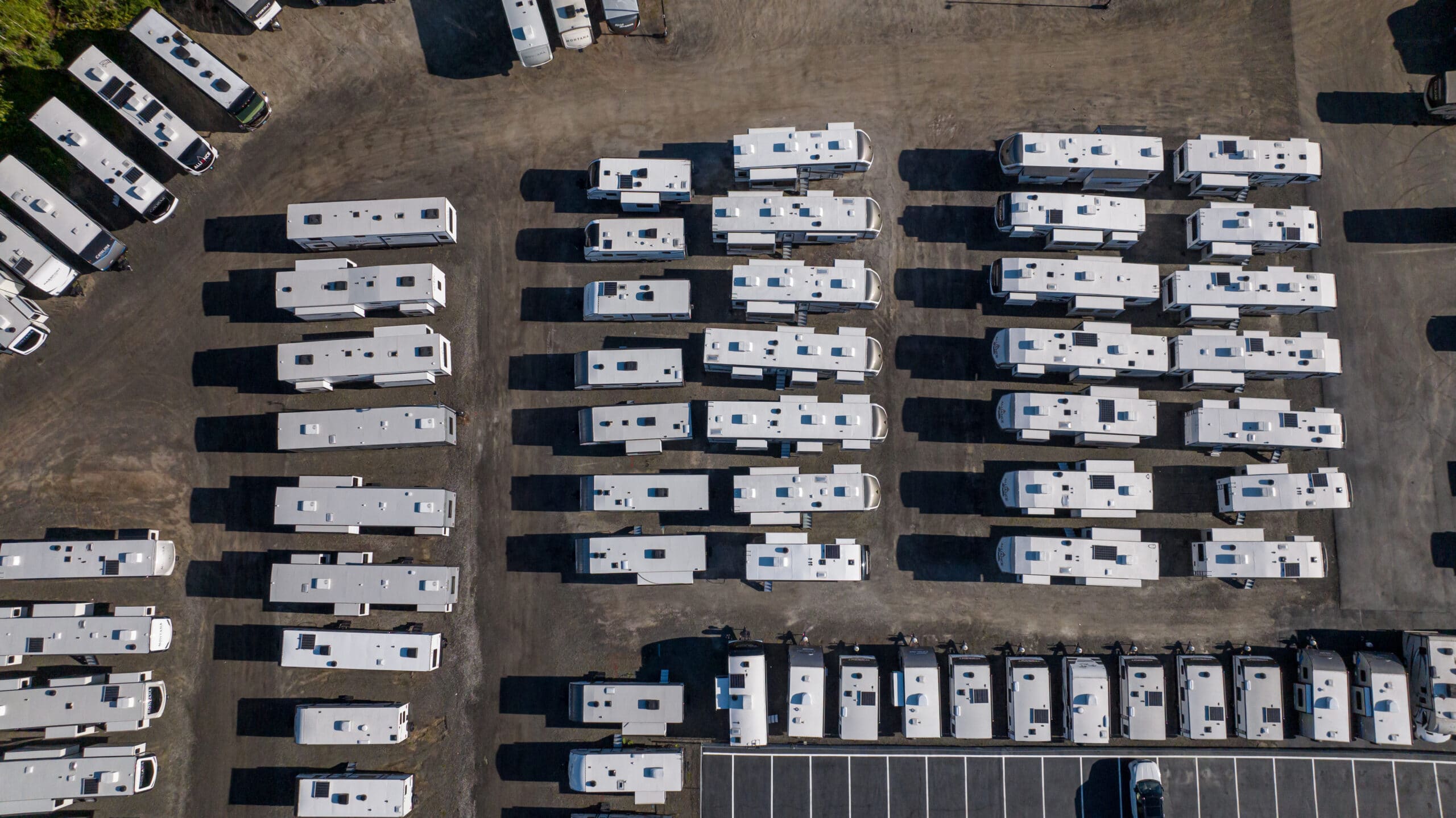
Although many types of electronics and chargers should not be connected all the time, battery maintainers are designed for constant and long-term use. When used correctly, they are perfectly safe to be left unattended and on while your battery is in storage.
However, when leaving your batteries in storage for an extended period, you should check in on the battery maintainer. While it shouldn’t harm your batteries, electronic malfunction, power outages, or other unusual events could damage your battery. Simply checking in on your battery maintainer from time to time can save you hassle in the long run.
While battery maintainers will work with lithium-ion batteries, not all are created equal. Many are specifically designed for lead-acid batteries and are not equipped to handle the specifications of lithium-ion batteries.
If you’re planning to use a battery maintainer, we recommend using one that is specifically designed for your system. Additionally, battery maintainers should only be used with lithium batteries that have a battery management system (BMS). This will maintain safe operating conditions.
Pro Tip: Not every charger or maintainer is lithium friendly. Before choosing one, read The Best Deep Cycle Lithium Battery Chargers & Charging Methods to understand what your batteries really need.
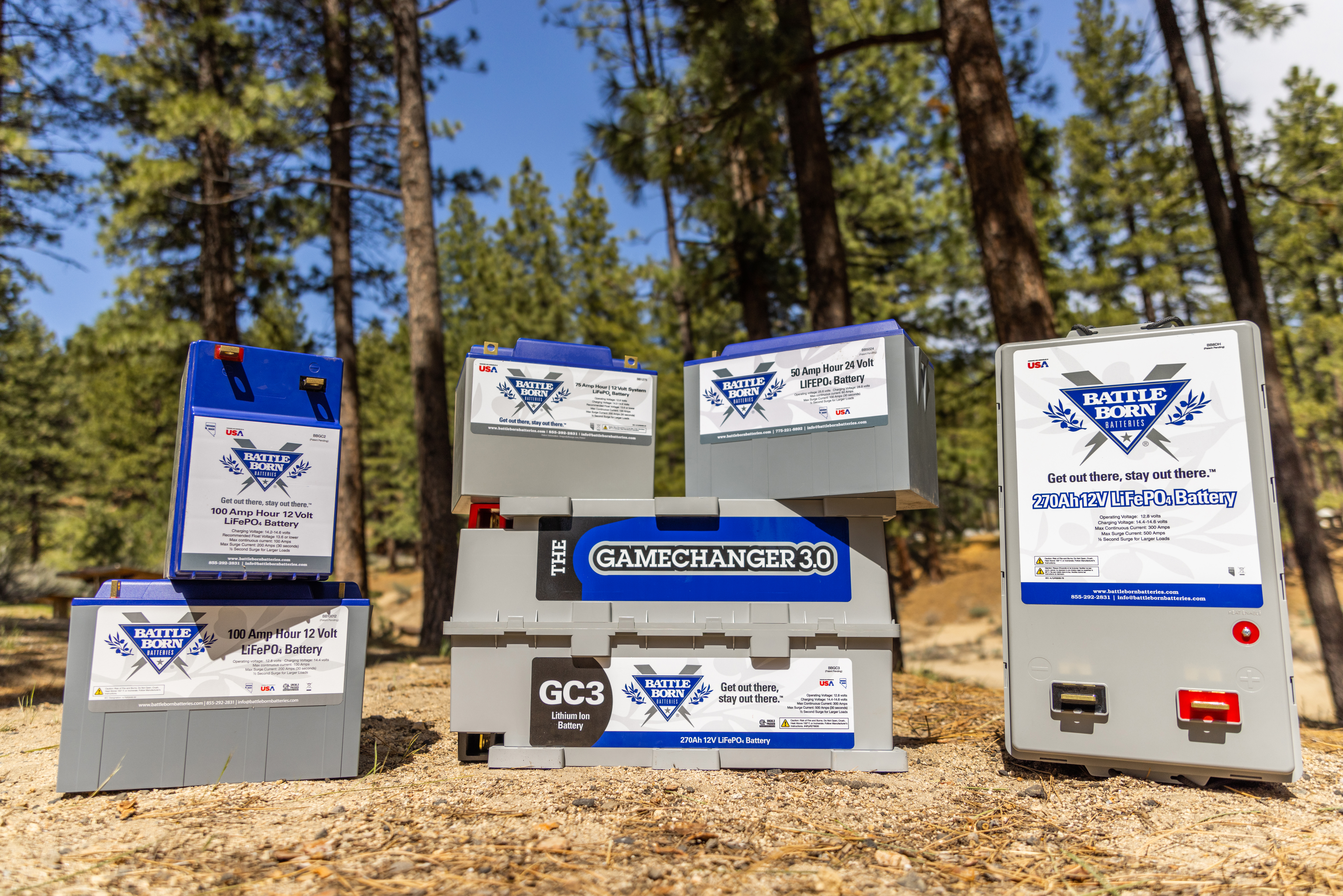
If you’re using high-quality lithium batteries, the use of a battery maintainer is not necessary. Lithium batteries have a much lower self-discharge rate and can be stored for months at a time without worry. If fully charged, disconnected, and stored somewhere that won’t encounter subzero temperatures, your Battle Born Batteries should still have 75-80% battery capacity after 6 months in storage.
The main factor to consider when choosing a battery maintainer is your battery’s voltage and current. It’s important that you find a maintainer that will properly charge your specific battery.
For example, the 1.25A 12V battery charger and maintainer by Battery Tender is used to charge most powersports vehicles, but doesn’t have the power to charge a car battery.
There are also units that can charge multiple batteries at once. If you have more than one battery in the same or different vehicles, you might consider one of these options.
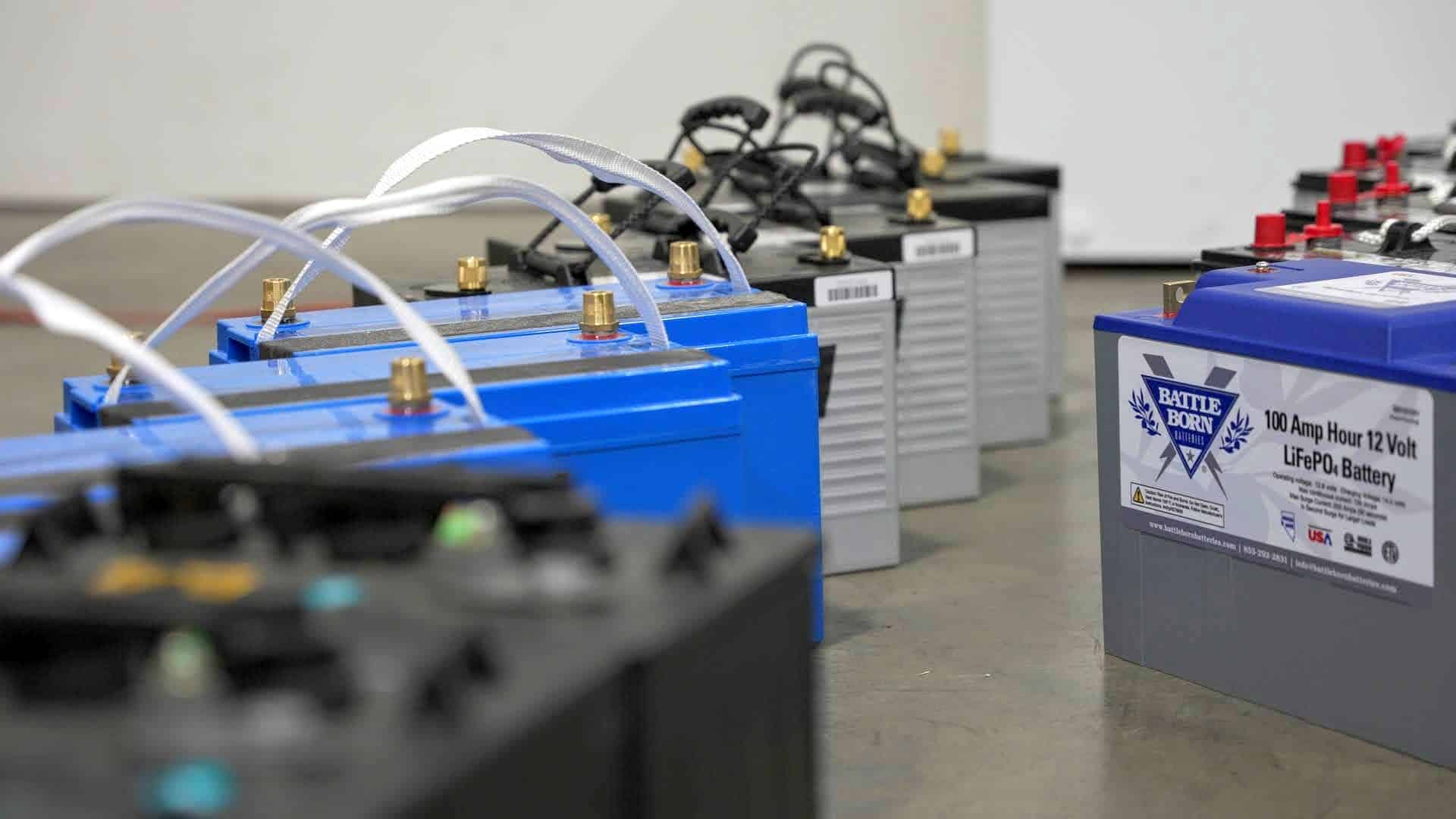
Whether or not a battery maintainer is worth the expense ultimately depends on your need for one. If your batteries will be sitting for an extended period of time, you may want to consider one. You’ll have the peace of mind that your battery is safely charged, and you’ll be able to replace them less.
If you have a bank of high-quality lithium batteries for house power, then a battery maintainer is not necessary. Your batteries will be safe and lose minimal charge by simply leaving them fully disconnected from any loads.
Q: Can a battery maintainer revive a dead battery?
A: No. These devices are designed to maintain a charged battery, not recover a deeply discharged one. If a battery is already dead or significantly depleted, you will need a proper battery charger before switching to a maintainer for long-term storage.
Q: Do I need a battery maintainer if I disconnect my batteries during storage?
A: In many cases, no. Disconnecting the battery eliminates parasitic drain. For lead-acid batteries, a maintainer is still often recommended due to higher self-discharge rates. High-quality lithium batteries, however, have very low self-discharge and can typically be stored for months without a maintainer when fully disconnected.
Q: Can I use one battery maintainer for multiple batteries?
A: Some battery maintainers support multiple batteries, but they must be designed and rated for that purpose. Each battery should receive the correct voltage and current. Never connect multiple batteries to a single maintainer unless the manufacturer explicitly supports that configuration.
Q: Will a battery maintainer damage my battery in cold weather?
A: A properly matched battery maintainer will not damage most batteries in cold conditions. However, lithium batteries should not be charged below freezing unless the battery includes a built-in battery management system or heating solution. Always verify that your maintainer and battery are compatible with the expected storage temperatures.
We know that building or upgrading an electrical system can be overwhelming, so we’re here to help. Our Reno, Nevada-based sales and customer service team is standing by at (855) 292-2831 to take your questions!
Also, join us on Facebook, Instagram, and YouTube to learn more about how lithium battery systems can power your lifestyle, see how others have built their systems, and gain the confidence to get out there and stay out there.
Shop Best Sellers








Ask a technical specialist now at 855.292.2831
Stay in the Know
Take our short Customer Survey for a chance to …
WIN a $300 Visa Gift Card